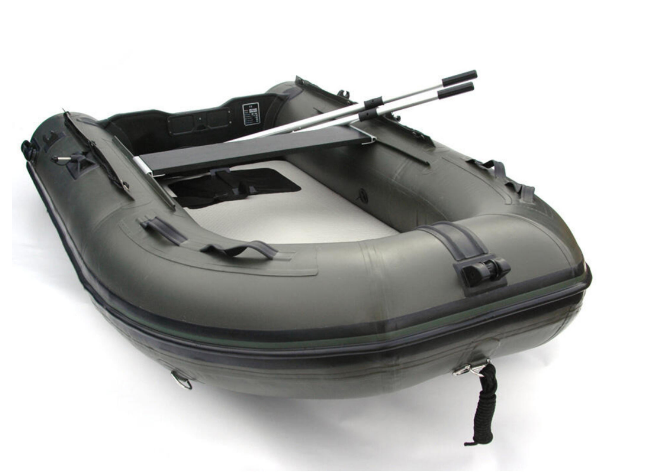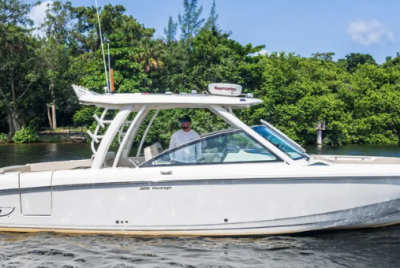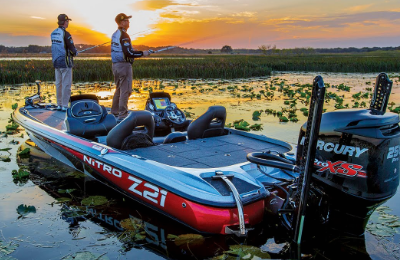Best Boat for River and Lake Fishing
I’ve been an avid river and lake fishing enthusiast for years, and one crucial aspect that can make or break your fishing experience is the choice of the right boat. In this guide, I’ll walk you through the diverse options available, help you understand your specific needs, and provide recommendations based on different fishing scenarios.
Introduction
Fishing in rivers and lakes has gained immense popularity among outdoor enthusiasts. Whether you’re after the thrill of catching bass or prefer the tranquility of lake fishing, the right boat plays a pivotal role in enhancing your overall experience.
Understanding Your Fishing Needs

Before delving into specific boat types, it’s essential to identify your unique fishing requirements. Consider the water conditions, the type of fish you’re targeting, and your preferred fishing techniques. This foundational understanding will guide you in choosing the most suitable boat for your adventures.
Types of Boats for River and Lake Fishing
Bass Boats
Bass boats are synonymous with precision fishing. Their sleek design, high speed, and exceptional maneuverability make them ideal for chasing elusive bass in various water conditions. Whether you’re navigating through narrow channels or speeding to your favorite fishing spot, a bass boat is a top choice.
Jon Boats
For those seeking stability and versatility, Jon boats are a fantastic option. These flat-bottomed boats are perfect for calm waters and small rivers. With their shallow draft, you can explore tight spaces where larger boats might struggle to go.
Kayaks and Canoes

If you value a silent and non-disruptive approach to fishing, kayaks and canoes are worth considering. These personal watercraft provide an intimate connection with the water, allowing you to access secluded fishing spots that larger boats can’t reach.
Pontoon Boats
For a more leisurely fishing experience, pontoon boats offer spaciousness and comfort. With ample deck space, these boats are perfect for a group of friends or family enjoying a day on the lake. They provide stability and are well-suited for those who prefer a relaxed pace.
Considerations for River Fishing
River fishing comes with its unique set of challenges, including strong currents, obstacles, and turbulent waters. When choosing a boat for river fishing, prioritize models with excellent maneuverability and stability to navigate effectively in dynamic river environments.
Considerations for Lake Fishing
Lakes present a different set of considerations, such as varying depths, size, and wind conditions. The ideal boat for lake fishing should be chosen based on these factors, ensuring you have a vessel that can handle the specific conditions of the lake you frequent.
Best Brands in the Market

When investing in a fishing boat, considering reputable brands is crucial. Brands with a proven track record for quality and durability include [Brand A], [Brand B], and [Brand C]. Explore customer reviews and satisfaction ratings to make an informed decision.
Budget-Friendly Options
You don’t need to break the bank to enjoy a great fishing experience. Several budget-friendly options offer reliability and essential features for a satisfying day on the water. Look for models from [Brand D], [Brand E], and [Brand F], which provide excellent value for money.
Maintenance and Durability
Proper maintenance is key to ensuring your boat’s longevity. Regularly check and service the engine, inspect the hull for any damage, and keep the boat clean. Additionally, consider the materials used in construction; aluminum and fiberglass boats are known for their durability.
Accessories and Customization
Enhance your fishing experience by investing in essential accessories such as fish finders, rod holders, and comfortable seating. Many boats also offer customization options, allowing you to tailor your vessel to meet your specific preferences and needs.
Environmental Considerations

Responsible fishing goes hand in hand with caring for the environment. Practice catch-and-release, dispose of trash properly, and adhere to local regulations. Opt for electric trolling motors to reduce your impact on aquatic ecosystems.
Personal Experiences and Recommendations
Having personally explored various rivers and lakes, I can attest to the joys each type of boat brings to the fishing experience. Whether it’s the thrill of speeding across the water in a bass boat or the peaceful serenity of kayak fishing, each option offers a unique connection with nature.
Tips for Choosing the Right Boat
In summary, when selecting the best boat for river and lake fishing, consider factors like water conditions, fish species, and your personal preferences. Strike a balance between practicality and your desired features to ensure a boat that complements your fishing style.
Conclusion

Choosing the best boat for river and lake fishing is a personal journey, and the right vessel can significantly enhance your fishing adventures. By understanding your needs, considering the environmental impact, and exploring the diverse range of boats available, you can make an informed decision that brings you closer to nature and your favorite fishing spots.
FAQs
1 : What is the best type of boat for bass fishing?
Bass boats are renowned for their speed and maneuverability, making them an excellent choice for bass fishing enthusiasts.
2 : Are pontoon boats suitable for river fishing?:
Pontoon boats are better suited for lakes due to their design, providing stability and comfort for leisurely fishing experiences.
3 : How often should I maintain my fishing boat?
Regular maintenance is crucial. Perform routine checks before and after each outing, and schedule professional servicing as recommended by the manufacturer.
4. : Can kayaks be used for deep-sea fishing?
While kayaks are not ideal for deep-sea fishing, they excel in river and lake fishing scenarios where maneuverability and silence are essential.
5. : What environmentally friendly practices should I follow while fishing?
Practice catch-and-release, dispose of trash responsibly, and consider using electric trolling motors to minimize environmental impact.



